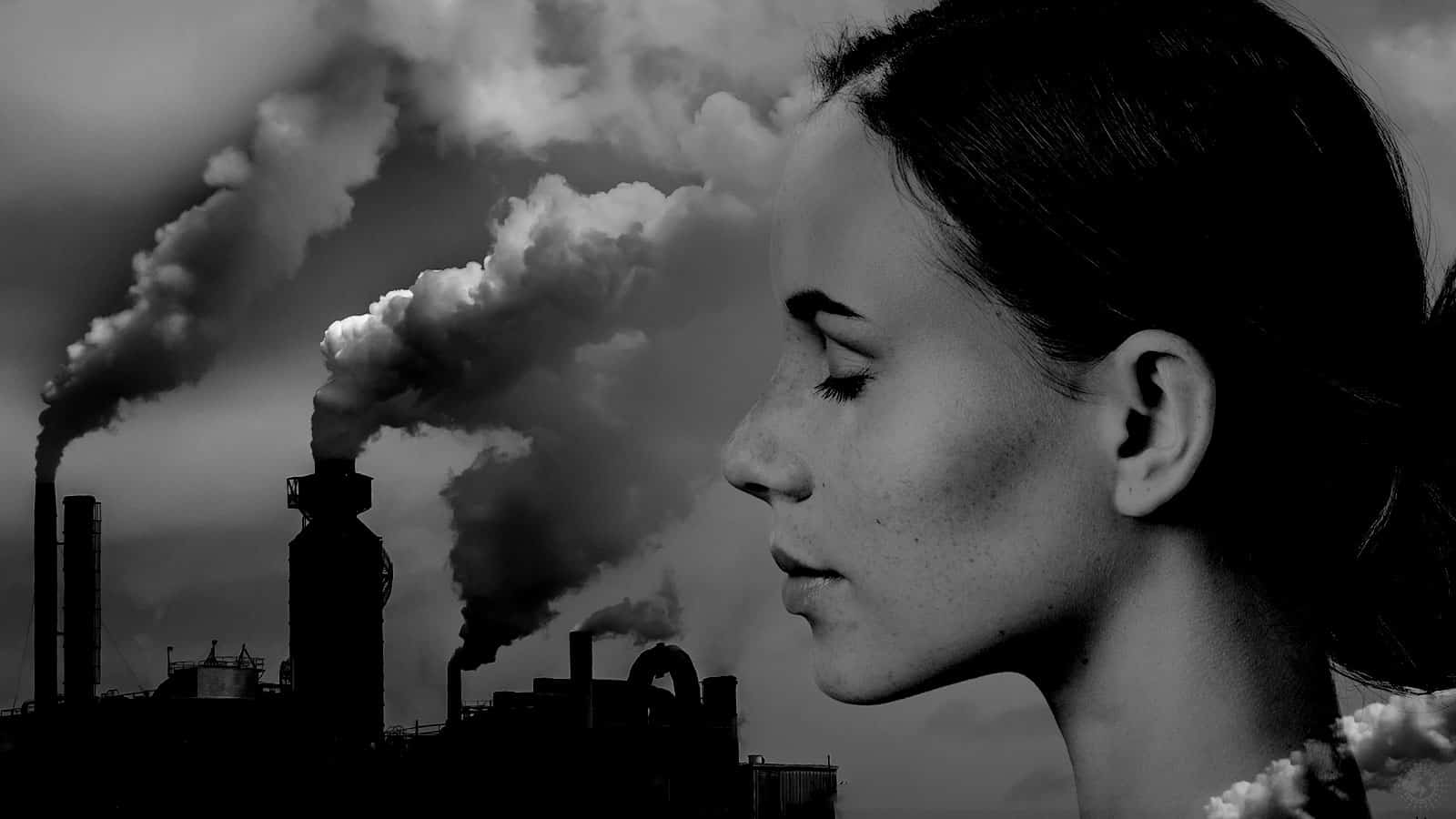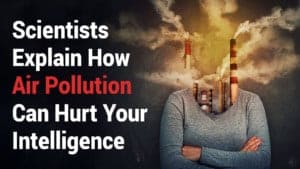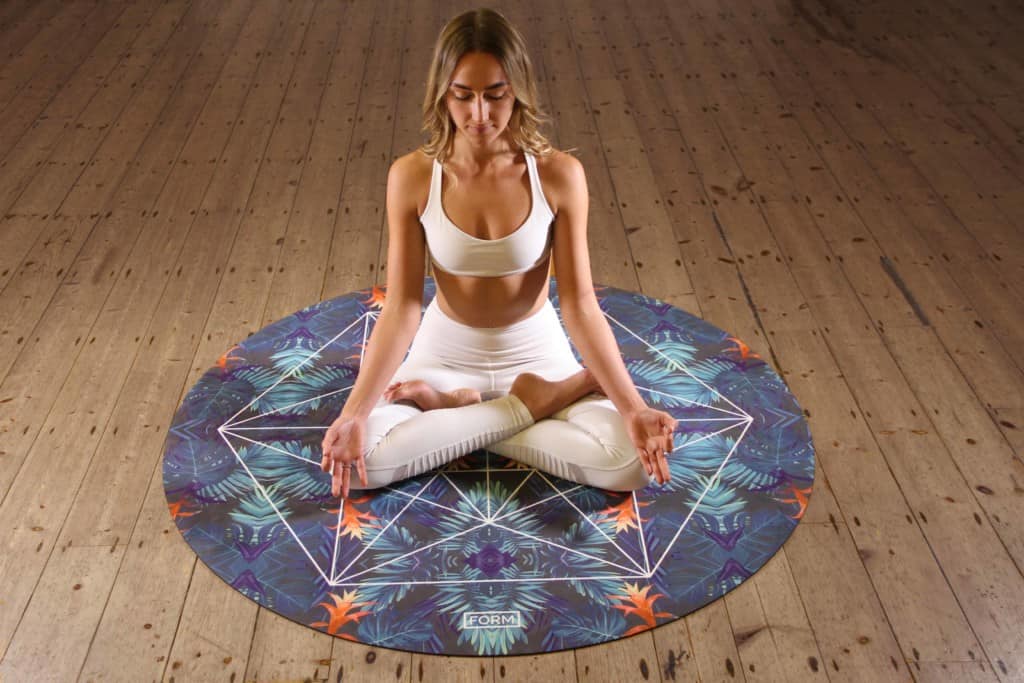Pollution is everywhere. It surrounds us, and it’s virtually unavoidable. In our modern world, emissions of all kinds pose threats to both the planet and us. It can be nerve-wracking to think of all that danger to yourself and your loved ones. But does it have to be this way?
Unfortunately, there’s no real way to eliminate pollution’s effects on your life. But there are some steps you can take to reduce the risk of damage, danger, or harm caused to you because of pollution.
So, what are those methods for protecting yourself? What can you do to keep yourself and the people you love safe? More importantly, is it enough?
Here are four ways to help reduce health risks from pollution.
1 – Stay Aware Of Outdoor Pollution
The first step to staying safe from outdoor pollution is by being aware of it. That awareness can give you a lot of protection, all on its own. You’ll know what to look out for and what to avoid, thus keeping yourself safe from health risks. Here are some ways to do so:
-
Look Up Air Quality
In the United States, air-monitoring websites can provide specific Air Quality Index numbers for each city. You can quickly look up your city’s on any one of these websites. Before you go out every day, check the AQI of your area. This will tell you how much protection you need.
-
Keep Away From Areas And Items With Particle Pollution
Particle pollution sounds like a science-y term, but it’s quite simple – it refers to any pollution involving the release of toxic or potentially harmful particles into the air. This includes combustion from vehicles, factories, and power plants. If you can, avoid walking near main roads or factories.
-
Find Ways To Exercise Indoors
When air pollution outside is too bad, you’ll need to stay indoors. But if you have a strict exercise routine, or if the contamination is lasting for a long time, and you usually exercise outdoors, it can be tempting to just go for it anyway, equipped with a mask as you pant along. But that’s still a bad idea. Find methods for exercising inside, whether it’s by joining a gym or dedicating a room or hallway for your workouts.
-
Keep The Windows Closed
Live near a road? Don’t leave your windows always open. Keep them closed, especially during busy hours. If you know the air quality is terrible where you are, then keeping them closed is even more important! This habit will keep both you and your family safe – and exposure to pollutants in the air can cause severe effects on health, especially on children. The last thing you need is for them to have a positive test result for asthma or lung disease!
-
Know When Not To Go Out At All
If air pollution is terrible, there is wisdom in just staying indoors. Exposure to bad air can lead to severe adverse effects, says the American Lung Association. If you do need to leave the house these days, restrict how much time you spend outside of a closed environment! Plan indoor activities in covered spaces.
2 – Keep The Air At Home Clean
Another way to reduce pollution health risks is to ensure that, in your home, the air is always as clean as possible. Here are some ways to do that:
-
Buy An Air Purifier
An air purifier helps cleanse the air in a space, getting rid of contaminants like dust, smoke, and outside pollutants that snuck inside. A recent study found that the use of air purifiers inside college dorms can lead to a reduction in blood pressure, stress hormones, and insulin resistance, boosting positive thinking compared to those who use a fake purifier.

-
Don’t Use Gas-Powered Equipment
Lots of equipment, especially for lawn care, is powered by gasoline. These create more emissions than hand-powered equipment or even electricity powered. Many hand-powered products don’t create any pollution at all.
-
Don’t Allow Indoor Smoking
Cigarette smoking is a tough habit to kick, and you don’t have to demand that anyone in your home – or yourself – quit cold turkey. But don’t allow any smoking indoors. If you or those in your home want to smoke, they should do so outdoors.
-
Don’t Burn Trash Or Debris
Burning trash is one of the primary sources of domestic pollution that there is. If you need to throw out your trash, just throw it out and let the professionals handle getting rid of it. (The same goes for using the fireplace – the smoke from the chimney also contributes to air pollution!)
-
Get Houseplants
Indoor houseplants have been proven to boost the quality of air inside, thus preventing some of the worst effects of indoor pollution. Do a little research and find out which ones are good for what!
-
Use Clean Household Products
Did you know that most household cleaners are packed with potentially dangerous chemicals? While they seem harmless, regular use of them can lead to issues with the eyes, throat, nose, and lungs. Try to opt for mindful cleaning products that don’t have dangerous chemicals, or try making your own with products like baking soda, essential oils, or vinegar – all safe, natural options!
3 – Improve Your Health
When your health is better, you are less susceptible to facing risks from pollution. Complications of all kinds can arise when your health is in a bad place. Here are some areas of your health to pay attention to reduce your risks from pollution:
-
Diet
What you eat matters. If you want a strong immunity, you need to watch your diet. You don’t have to calorie-restrict or eat super healthy food packed with green juices and poke bowls, but you should manage your nutrition to make sure it’s balanced. Get enough fruits and vegetables, meet minimum daily requirements for vitamin and mineral consumption, eat lean proteins and healthy fats, and limit processed sugar and junk food.
-
Exercise
Physical activity is crucial to health. It is generally recommended that you get 150 minutes of elevated heart rate exercise per week. It doesn’t have to be fancy exercise – just going for a brisk walk, dancing, doing yoga, or swimming can already provide you with plenty of those minutes. These activities also reduce the risk of developing a considerable number of health conditions, so it’s got plenty of benefits outside of pollution protection!
-
Heart Health
Your heart is what keeps you alive, and it’s what needs to be strong to resist pollution’s effects. But heart health isn’t just about making sure the blood keeps pumping. It’s about managing your blood pressure, your cholesterol levels, and other similar factors. Make sure you go for regular checkups with your doctor, especially as you age, to monitor your heart’s health, as well as the health of the rest of you.
4 – Reduce The Pollution You Create
Even if you were to take all the steps mentioned above in ensuring reduced pollution risk, the fact remains that the Earth continues to face pollution every day. For the betterment of your health and the health of everyone else, you can take steps to reduce the amount of pollution that you contribute to the world. Here are some examples of ways to do so:
-
Turn Off What You Don’t Use
It sounds like a no-brainer, but sometimes, there are things you do that go against this idea. When you leave a room, even for just five minutes to use the bathroom, turn off the lights, fan, or any appliances running in the place. Sure, it’s very little at first, but over the years, those minutes build up!
-
Buy Energy-Efficient Items
These days, companies manufacture items that are designed to be energy-efficient or release fewer pollutants. Some may also simply be made in a more environmentally-friendly manner. These types of things might cost a little extra, but if you have the cash to spare, it’s worth it to do your part.
-
Do Things In Big Batches
Do you tend to do chores in small amounts? Consider doing them in big batches, instead. For example, instead of washing a few clothes three times a week, do a single, big pile of laundry when you have enough to fill your machine.
-
Walk or Bike
If you’re only traveling a short distance, consider riding a bicycle or just walking. It’s great exercise – which is good for your health! – and it gets you out for fresh air. (Of course, don’t do this if the air around you is polluted!)
-
Carpool or Use Public Transportation
If you’re traveling too far to use a bicycle or to walk, consider using public transportation. While not all areas of America (or the world) have the best systems, you can usually take a bus or train to get where you need to go. If you do need to take a car, try carpooling with others heading in the same direction!
-
Influence Others To Reduce Their Pollution, Too
Talk to others about environmental awareness. Contact your child’s school to ask about reducing emissions from school buses. Answer questions from curious friends who want to know about your greener lifestyle. Tell them about how cleaner air boosts positive thinking. Spread the word!
Of course, though the actions of an individual can matter significantly, it’s common knowledge that the main forces behind pollution are more prominent corporations. As such, bigger changes need to be made around the world for significant improvements to be seen. Contact your state or county representatives about the implementation of green laws, help spread awareness about pollution, and volunteer for applicable movements.
Final Thoughts On Some Ways To Reduce Health Risks From Pollution
Pollution is harmful to many things. It threatens the planet, it causes health risks, and it can be frightening to think about dealing with it because of how unavoidable and all-encompassing it is. But by taking mindful steps to combat its effects on you, you can protect yourself and those around you from the worst of its risks.
Remember, pollution will only stop being a problem when its frequency is reduced. Make an effort to switch to cleaner lifestyle habits and push for legislation that is environmentally friendly by contacting the relevant representatives!
















 Community
Community

